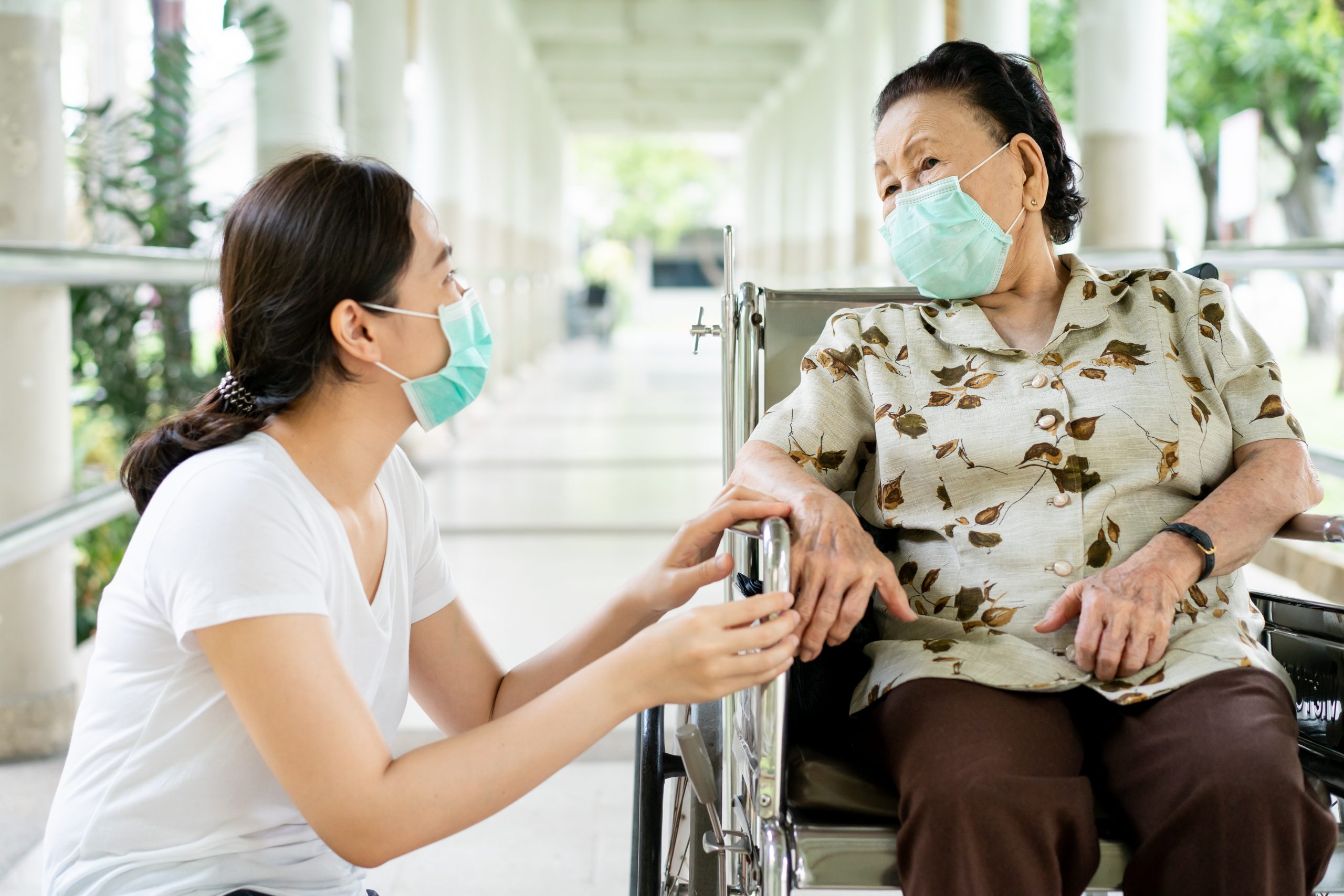In addition to face masks and the term social distancing being a part of the country’s vernacular for the foreseeable future, experts are beginning to ponder what lessons will be learned from the COVID-19 pandemic and how it will shape society for years to come—even when the pandemic itself is behind us.
New Paltz Center for Rehabilitation and Nursing has three highlights from this interview with Dr. Deborah Birx, who is the U.S. coronavirus response coordinator.
- Long-Term Health Habits
Given how the novel coronavirus preys on those with pre-existing health conditions—many of which we have control over like type 2 diabetes, obesity, and smoking—Dr. Birx believes that society will be more health-conscious, doing more to protect their health like eating right, keeping conditions like diabetes and hypertension under control, and exercising more.
- In addition to face masks and the term social distancing being a part of the country’s vernacular for the foreseeable future, experts are beginning to ponder what lessons will be learned from the COVID-19 pandemic and how it will shape society for years to come—even when the pandemic itself is behind us.
New Paltz Center for Rehabilitation and Nursing has three highlights from this interview with Dr. Deborah Birx, who is the U.S. coronavirus response coordinator.
- Long-Term Health Habits
Given how the novel coronavirus preys on those with pre-existing health conditions—many of which we have control over like type 2 diabetes, obesity, and smoking—Dr. Birx believes that society will be more health-conscious, doing more to protect their health like eating right, keeping conditions like diabetes and hypertension under control, and exercising more.
- Protecting the Vulnerable
The beginning stages of the pandemic were focused on outbreaks at long-term care facilities like nursing homes, but lessons learned to protect the elderly and those at high-risk will be put into place by the Centers for Medicare & Medicaid Services (CMS) to improve infection control protocols in the future.
- Other Human Behavior Changes
Dr. Birx hopes that interactions between humans and wild animals decreases as a result of this pandemic. She says that HIV, Ebola, and now COVID-19 all originated from animals in the wild, and the problem is that the human body doesn’t have the ability to handle these viruses if they do make the jump to people. Humans have no immunity to the new viruses, which is what makes them especially dangerous.
To learn more about New Paltz Center for Rehabilitation and Nursing and all of the services they offer, visit http://new-paltz-center.facilities.centershealthcare.org/.
The beginning stages of the pandemic were focused on outbreaks at long-term care facilities like nursing homes, but lessons learned to protect the elderly and those at high-risk will be put into place by the Centers for Medicare & Medicaid Services (CMS) to improve infection control protocols in the future.
- Other Human Behavior Changes
Dr. Birx hopes that interactions between humans and wild animals decreases as a result of this pandemic. She says that HIV, Ebola, and now COVID-19 all originated from animals in the wild, and the problem is that the human body doesn’t have the ability to handle these viruses if they do make the jump to people. Humans have no immunity to the new viruses, which is what makes them especially dangerous.
To learn more about New Paltz Center for Rehabilitation and Nursing and all of the services they offer, visit http://new-paltz-center.facilities.centershealthcare.org/.






